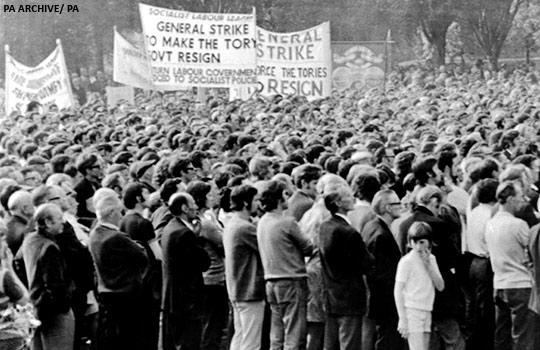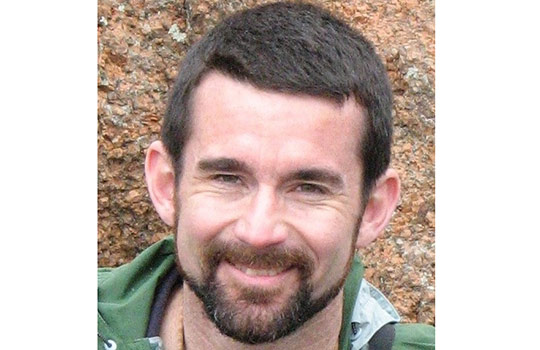This morning I read the line “The gift of forgetting” in a poem by Wisława Szymborska. Immediately I asked myself if it is a gift to forget, and quickly—and somewhat counterintuitively—decided it was. Something else that I’d read this morning in a book by a neurosurgeon supported the conclusion. Henry Marsh in his uncomfortably honest […]
Richard Smith: Has my mother been given “the gift of forgetting?”






